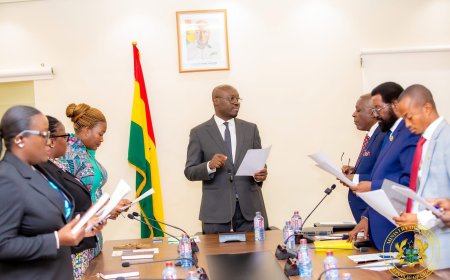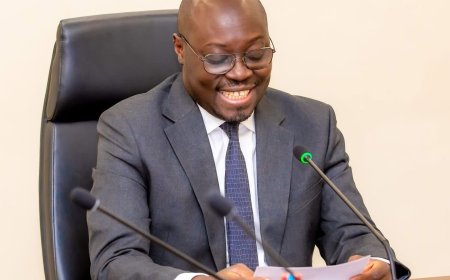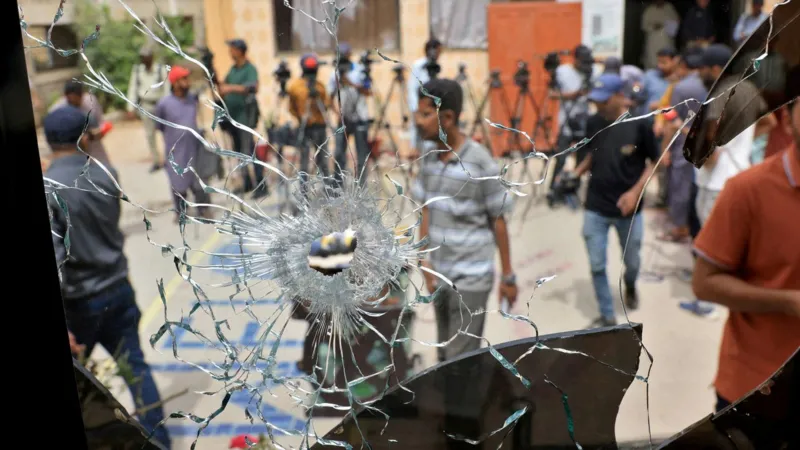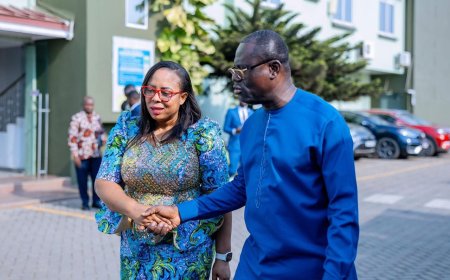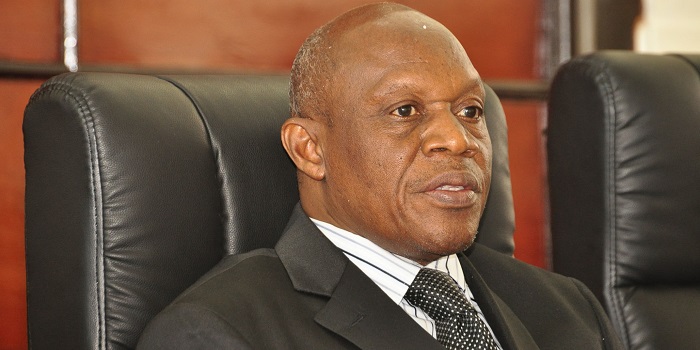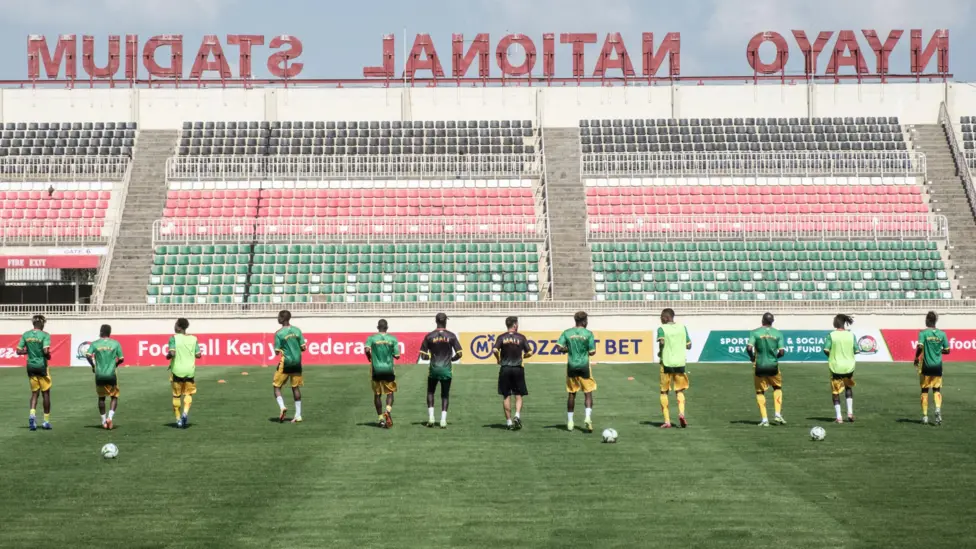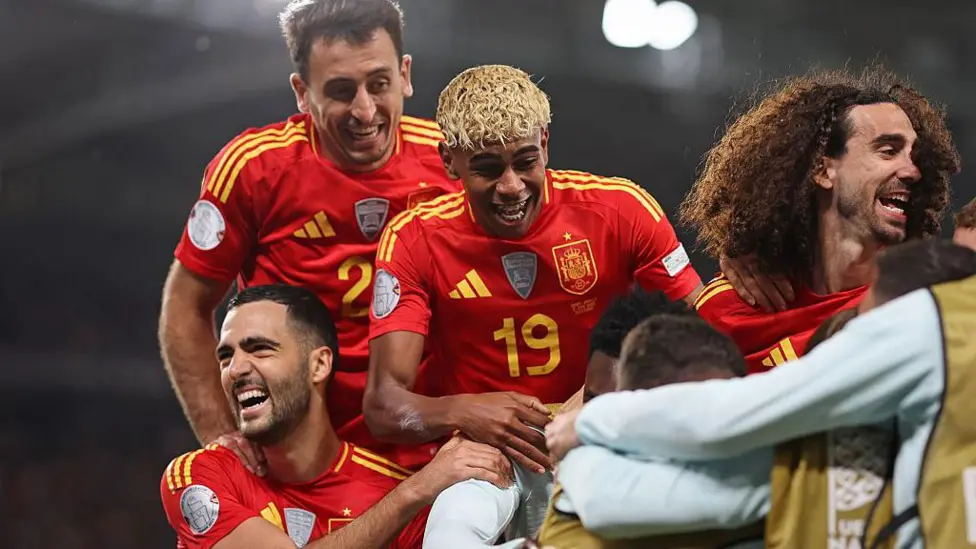The Freedom-Justice Nexus - Ghana's surest path to development
When in 1957 Ghana adopted our motto Freedom and Justice, we were subjecting ourselves to uphold the rule of law. We were affirming the protection of our human rights under the law. Little did we know that after 60 years Ghanaians would pay lip services to our motto.
I am concerned about the level of disregard for our motto ‘Freedom and Justice’. In this presentation I ask 3 questions (1) How free are we in Ghana? (2) What does justice looks like? (3) What is my individual responsibility to freedom and justice?
What is freedom? Freedom is living within the rule of law. Freedom is living in a society where fairness is not a mere idea but tangible and verifiable. Article 12(1)(2) of Ghana’s 1992 constitution reads: ‘the fundamental human rights and freedoms enshrined… shall be respected and upheld by the executive, legislature and judiciary and all other organs of government and its agencies and where applicable to them, by all natural and legal persons in Ghana, and shall be enforceable by the courts as provided for in this constitution.
Every person in Ghana whatever his race, place of origin, political opinion, colour, religion, creed or gender shall be entitled to the fundamental HR and freedoms of the individual contained… but subject to respect for the rights and freedoms of others and for the public interest.
So, freedom is not doing whatever one likes outside the rule of law. Our freedom must meet the public interest test. For example, a person has the right to swing his arm. However, this right is limited to hitting another person. Freedom of speech is not absolute. The law limits our freedom to incite violence or defamation.
How did Ghana allow slums to spring up in the city without planning permission? How did we allow every Kofi and Kwesi to put up a container on any piece of land without permit? Under whose watch is it that we obstruct water ways; pollute our water bodies and dump refuse indiscriminately into gutters and lagoons? How did we allow Ghana to be so filthy? Why has mediocrity become our litmus test for output? How is it that we tolerate noise pollution by churches in residential areas? Yes, it is your right to worship God. This right is defensible.
However, we have no right to disturb neighbourhood peace. Yes, it is your freedom of choice to belong to a political, but you have no right to endanger others. We must defend our freedom with every fibre of our might.
What does justice looks like in Ghana? In her book Justice and Revolution, 1979 Leslie Synder writes: “Justice is the only foundation upon which a society of free and independent people can exist. Justice is a concrete, recognisable, and objective principle. It is not a matter of opinion.”
If justice is the only foundation upon which a society of free and independent people can live, why are we taking justice for granted? We have become so unjust that everyone is robing someone to pay someone. Justice is about fairness and equity.
Our courts are overwhelmed with land cases that have been going on for decades without closure. The book of Amos reads: “But let justice run down as waters, and righteousness as a mighty stream.” Amos 5:24. If Ghana is going to prosper, justice must flow like water and doing right as the sea or river. We cannot and must not compromise on our Freedom and Justice.
Justice is not an opinion. Justice must satisfy the public interest test. The Emile Short Commission of Inquiry was, mandated by President Nana Akuffo-Addo “to make a full, faithful and impartial inquiry into the circumstances of, and establish the facts leading to the events and associated violence that occurred during the Ayawaso West Wuogon by-election.” The Inquiry produced its findings. However, nobody has been brought to book? Those that exercised their freedom and caused the mayhem at Ayawaso West Wuogono are walking free.
Freedom is exerting our choices within the rule of law. Justice protects our freedom. Justice is expediting fairness on time. St. Augustine in the book “The City of God” writes “Where, therefore, there is no true justice there can be no right. For that which is done right is justly done, and what is unjustly done cannot be done by right.”
So, what is our individual response to freedom and justice? We must as a matter of urgency uphold and enforce the rule of law. True freedom and justice will put Ghana on the right path for growth. Freedom and justice means that society rewards good behaviour timely and disincentivise bad behaviour timely.
In my view, Ghana is a long way from our motto: freedom and justice.
Source: Lead News Online
The author is Pastor Ebenezer Jones-Lartey. He is a retired minister in the Seventh-Day Adventist Church. He holds a degree in law. He is interested in human right law.


















